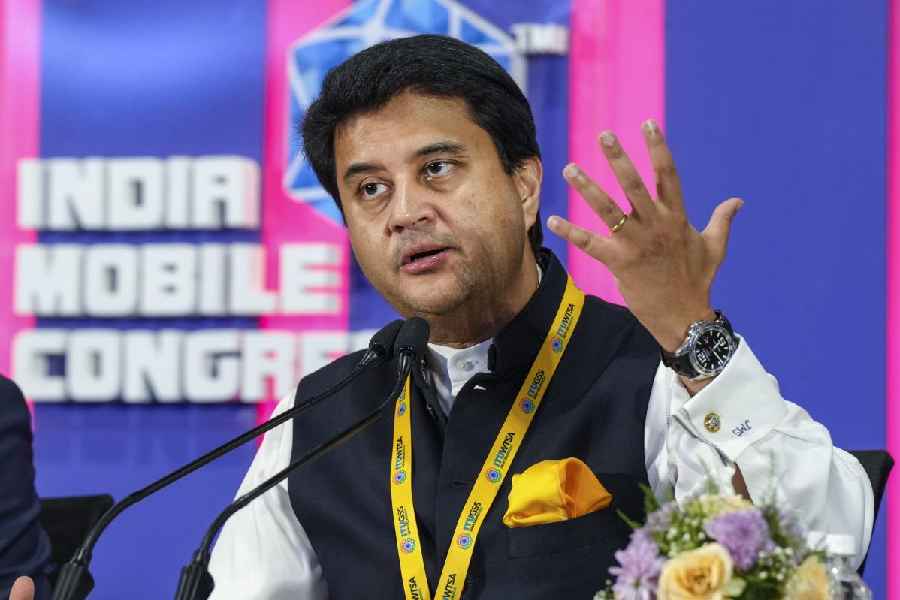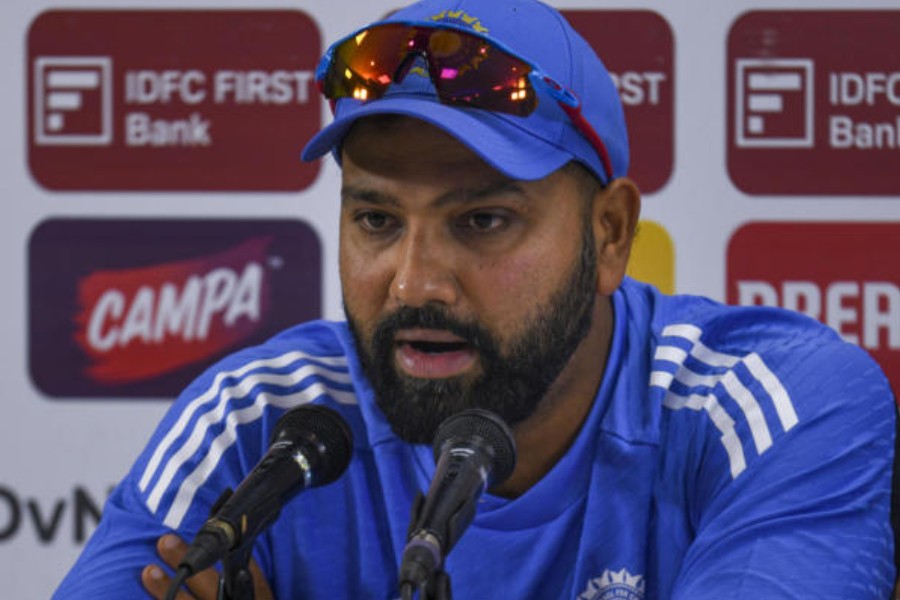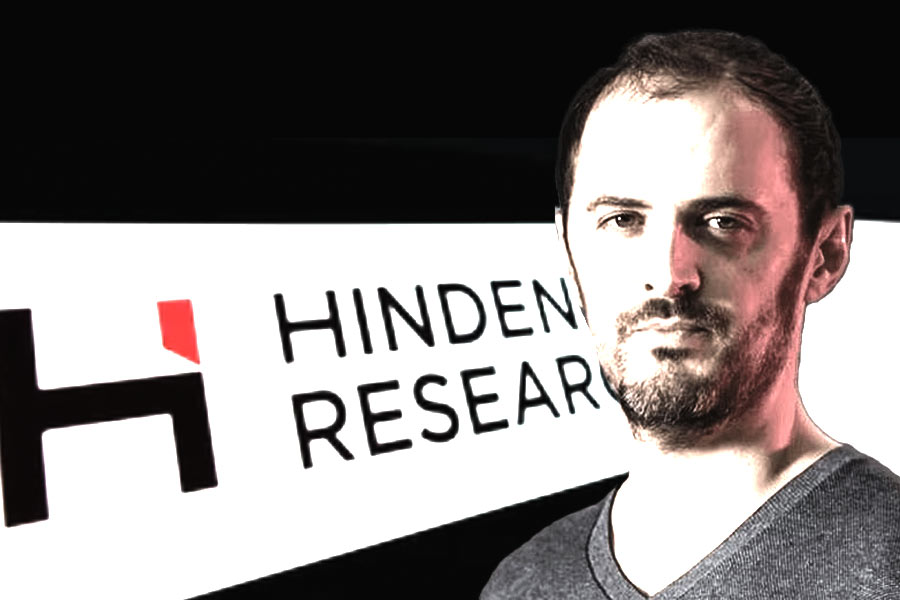The Union cabinet has approved the refarming of 687MHz of spectrum held by government ministries and the Indian Space Research Organisation (Isro) to support 5G and future 6G services, communications minister Jyotiraditya Scindia said on Friday.
The move aims to address demands for telecom spectrum, which is projected to reach 2000MHz by 2030. The refarmed spectrum, valued at approximately ₹2 lakh crore, will soon be auctioned.
The refarming initiative reallocates spectrum from key government entities, including the ministry of defence, Isro and the ministry of information and broadcasting to the department of telecommunications (DoT) for sale to telcos.
Of the total 687 MHz approved for refarming, 328 MHz will be released immediately, with the remainder becoming available in phases by 2030.
The available spectrum totals 900MHz, leaving a shortfall of 1,100MHz to meet the demand by 2030. With this initiative, the total spectrum available rises to 1,587MHz, narrowing the gap to 413MHz.
A committee of Secretaries (CoS) has been tasked with identifying additional spectrum from government ministries and departments. The committee is expected to deliver further recommendations by mid 2025.
A significant portion of the refarmed spectrum comes from Isro, which currently uses the 6GHz band for satellite operations. The government has proposed transitioning Isro’s satellite operations to the Ku-band (12 GHz).
The move has raised concerns about potential interference with satellite systems and the implications for India’s space programme.
Analysts cautioned that prioritising the 6GHz band for telecom services could inadvertently benefit Chinese telecom equipment manufacturers, such as Huawei and ZTE, which dominate this spectrum’s ecosystem, posing potential security risks.
However, technology companies represented by the Broadband India Forum (BIF) have voiced concerns about allocating the entire 6GHz band to telecom operators.
“The government approval for refarming the 1100MHz and earmarking the upper 6GHz spectrum for International Mobile Telecommunications (IMT) services, the Broadband India Forum is distressed by this decision and strongly urges the government to reconsider.
“While reports suggest a phased approach, with 320 MHz of spectrum initially released for auction, BIF remains steadfast in its belief that the 6GHz band should be delicensed, to stay at par with global standards,” T.V. Ramachandran, president of the BIF, said.











